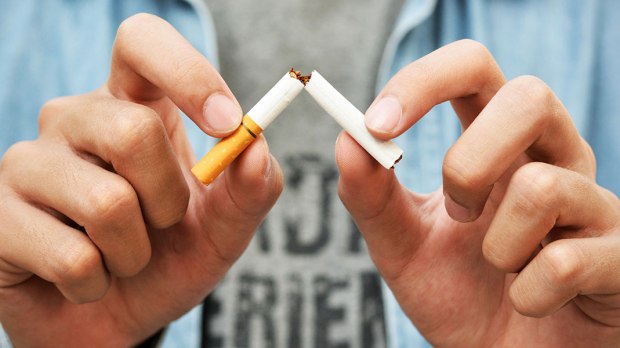During Lent, chances are that most of us have engaged in some healthy self-examination in our attempt to prepare for our celebration of the Lord’s Passion, death, and resurrection. In the process, we’ve inevitably been reminded of our bad habits, and have run into the difficulty of changing them. Something similar happens as we prepare our New Year’s resolutions in December, and perhaps at other times of year when, for one reason or another, we decide to get our life into order. On one hand, we want to eliminate bad habits; on the other, we want to form new routines that help us live healthier, happier, holier lives.
As we all know, this is easier said than done. Here, we offer you a quick guide to how habits work, and how to change them.
How do habits work?
Most of our daily activities are habits that we carry out more or less automatically. Many of these routines are good, and they help us to be responsible and organized without having to consciously think about and plan every single thing we do. However, we also have bad habits that can be unhelpful and destructive.
Habits consists of three elements, that we can remember as the three Rs:
- A reminder is a signal that triggers an action or behavior. For example, it may be a certain time of day, a certain sort of event, such as coming home from work or getting in an argument with our spouse, or an emotional state, such as anger or sadness.
- A routine is the action that we perform as a result of a reminder. For example, we might eat compulsively, or watch TV for hours; or, on the contrary, we might exercise, get to work, or organize our activities, among other things.
- A reward is the benefit that is obtained when we perform an action. This could be pleasure, rest, disconnecting from the situation, reducing stress, etc.
How to change a bad habit: first, decide what to change
In order to free ourselves of a bad habit, it’s essential that we analyze its structure. We can do this in three steps:
- Identify a habit that you want to change. For example, “I eat too much ice cream, which is damaging my health.”
- Look at the elements that move you to engage in this behavior, and reward you get (“Whenever X happens, I do X, and I get X”). For example, “When I get stressed, I eat a tub of ice cream, and it makes me feel better and takes my mind off things.”
- Propose a new habit to replace the bad one—a behavior that will help you to obtain a constructive reward that won’t cause you damage. For example, playing sports, calling a friend to talk, or going to the movies are all healthy habits that can take the place of eating ice cream or chocolate, smoking, or watching television alone on the couch for hours.
Next: Create the new habit
- Focus on the first step you need to take to put the new habit into practice. For example, if it’s hard for you to arrive on time to work in the morning, take the time at night to pick out your clothes for the next day, or set your alarm clock a few minutes earlier.
- Repeat this process, dividing your goals into gradual steps. If you try to change everything all at once, you will probably be overwhelmed, and won’t reach your goals.
- Take responsibility for your actions and look for solutions. Don’t blame other people or situations if you fail; it’s normal not to succeed right off the bat, and it’s important to maintain your sense of agency. Concentrate your efforts on taking positive action.
It’s not “easy,” but at least it’s simple on a conceptual level. Then, the more you practice the habit, the stronger it will become. Be patient; it takes about two months to make permanent changes to our habits. It requires constant effort, but the advantages in the long term are worth it.

Read more:
12 Habits to help you be the best version of yourself

Read more:
The golden rule for changing bad habits

